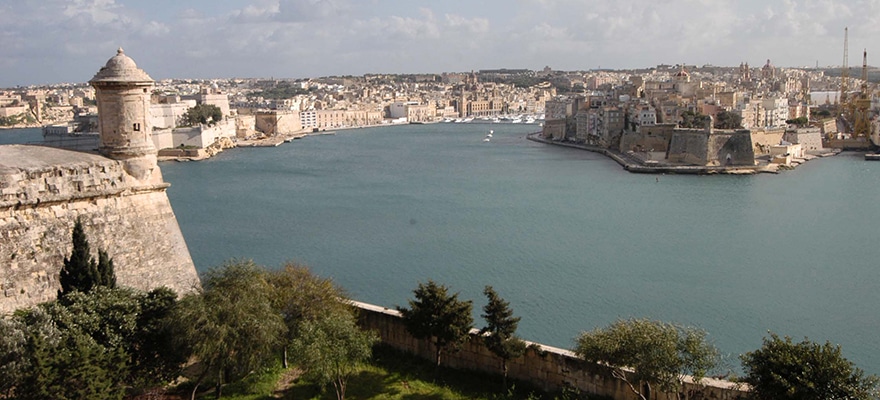The financial markets watchdog in Malta, Malta Financial Services Authority (MFSA), on Tuesday issued a warning against a cryptocurrency brand called Bitcoin & Autotrader.
Bitcoin and Auto Trader online platform bitcoinautotrader.co allows users to anonymously sell and buy bitcoins and also trade their cars in for the digital currency. The MFSA says the firm's physical address is located at 361 Triq l-Imdina, Ħal Qormi QRM 9012, while the platform is owned and operated by someone called Jomic Grech.

Jomic Grech
Malta’s watchdog, however, confirmed that this alleged crypto dealership isn’t a Maltese registered company. Additionally, it said certain activities of the flagged brand fall under the country’s Virtual Financial Assets Act, which provides a set of rules for those operating a cryptocurrency-related business.
With significant media attention being drawn towards the fledgling crypto-asset industry, the act also outlines stringent requirements for other service providers, including brokerages, portfolio managers, custodians, wallet providers, investment advisors, and perhaps most crucially, cryptocurrency exchanges.
Malta applies ESMA’s curbs on CFDs
Following a string of risk warnings and concerned regulators across the EU alerting retail investors to the risks in FX and CFDs trading, the MFSA has also updated its criteria for the entities wanting to offer margin trading services.
As one of the hottest topics in the industry regulation’s debates, the MFSA has set a host of new rules regarding the Leverage limits. Forex and CFDs brokers are now required to follow its limitations when offering leverages to their clients.
Finally, Malta’s regulator has ordered its regulated firms to implement procedures that clearly ban the sale of binary options to retail customers. Effective August, the watchdog also extended its restriction against promoting the contracts for difference (CFDs) to non-professional investors.
These measures are applicable to investment firms and brokers based in Malta as well as to those operating in the country from another EU member state through the EU passporting regime. The national restrictions mirror the temporary measures from ESMA, which are currently active throughout the bloc.

















